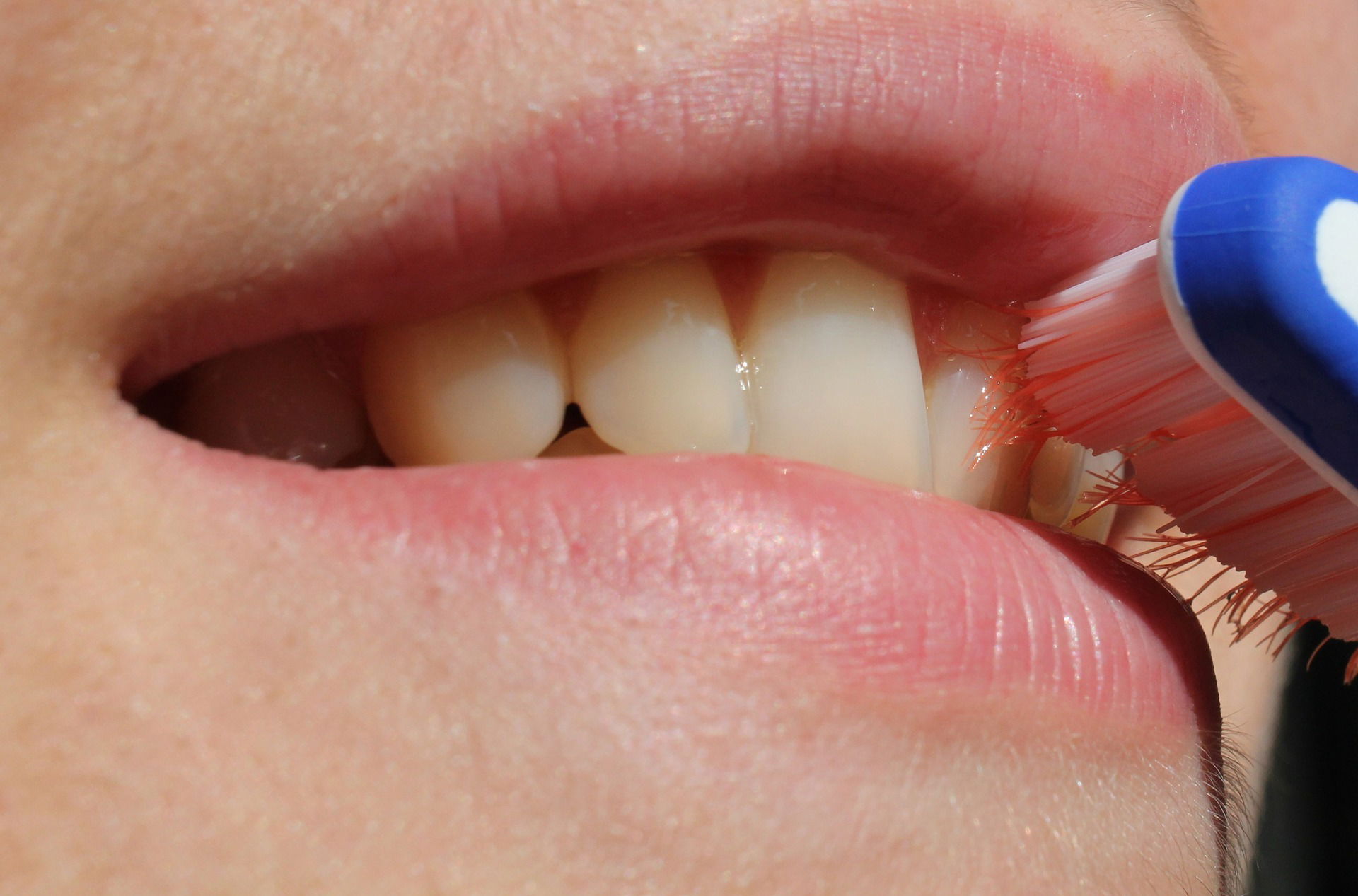What Are the Benefits of Dental Veneers?
Veneers are thin porcelain or composite resin sheets that are bonded to the front surfaces of your teeth. Their goal is to improve the appearance of teeth by changing their color, shape, size, or length. They can conceal a variety of cosmetic flaws, including as small or malformed teeth, stained or discolored teeth, small gaps, chipped teeth, and so on. These long-lasting shells are made to look just how you want them to and will last for many years if properly cared for. So, if you're unsatisfied with the way your grin looks, this cosmetic procedure might give you the ideal smile you've always wanted! (Continues)

Are They Appropriate for Me?
Traditional veneers require a little layer of enamel to be removed from the front of your teeth in order for the shell to fit firmly. You'll return when we've designed your new smile together and the shells have been custom-crafted, and we'll permanently glue them to your teeth. Another type of veneer is Lumineers®. These are ultra-thin wafers that do not necessitate the removal of any enamel. We expect you to fall in love with your Lumineers, but if you change your mind, we can quickly remove them. Traditional veneers or Lumineers will both give you the genuine impression of a beautiful smile.
Dental Veneers Can Transform Your Smile!
To learn more about whether dental veneers are ideal for your smile makeover goals, contact CarolinasDentist now to schedule a consultation. In Fayetteville, Fuquay-Varina, Raeford, Aberdeen, Spring Lake, and Wilmington, we offer dental offices. The skilled dental staff at each site would be delighted to assist you in achieving the smile of your dreams.
What Are the Signs and Symptoms of Periodontitis?
Periodontal disease manifests itself in stages. You will notice symptoms of gingivitis in its early stages. Gums grow swollen and red, and gum bleeding happens at this time. This condition can lead to periodontal disease if not treated promptly.

Periodontal disease causes the following symptoms:
Teeth that are sensitive
Gums that are swollen or bleeding
Breath problems
Teeth that are loose or moving
When chewing there is pain.
Formation of pus between the teeth and the gums
Changes in the appearance and feel of your teeth
How Can Periodontal Disease Be Prevented?
Maintaining regular oral hygiene can help prevent gingivitis from progressing to a full-blown periodontal disease.
Brush your teeth twice a day, floss regularly, and use mouthwash to do this. This helps to keep harmful bacteria from accumulating in your mouth. Another crucial step in preventing periodontal disease is to see a dentist once or twice a year for a basic checkup and a thorough cleaning. Professional cleaning helps remove plaque and tartar build-ups in your mouth that aren't eradicated by brushing and flossing alone. Periodontal disease can wreak havoc on your dental health and put you at risk for serious infections.
